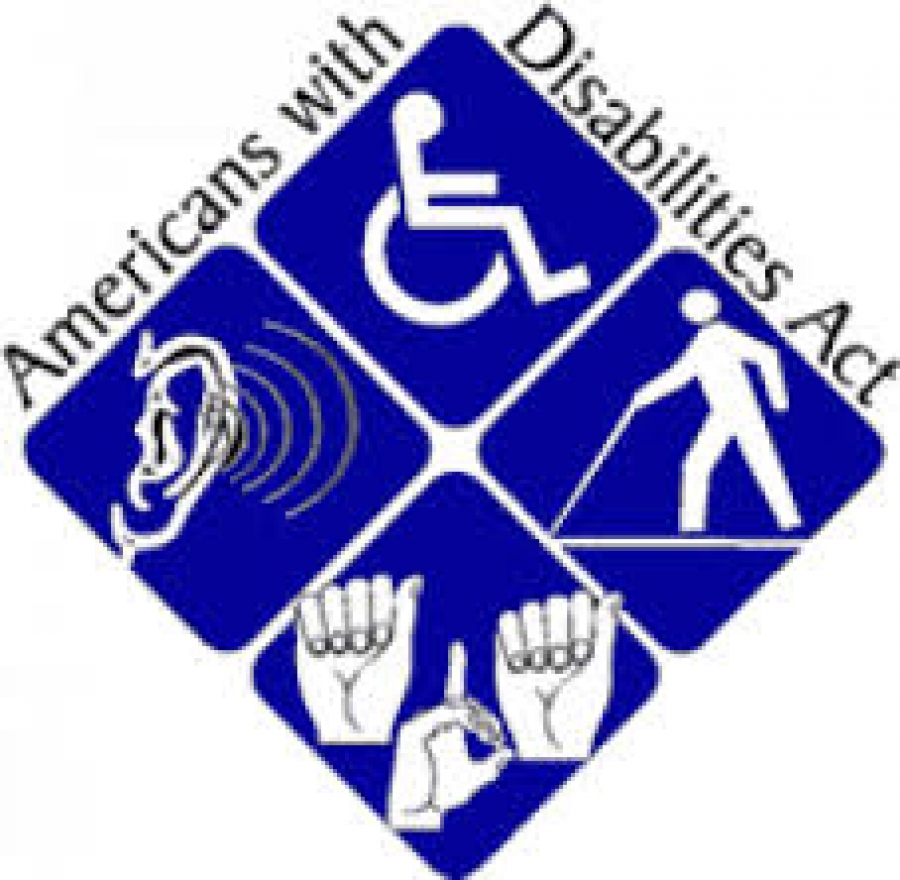

In enacting the ADAAA, Congress instructed that it should be interpreted to favor “broad coverage of individuals under the ADA,” and that courts must focus not on whether an employee is “disabled,” but on whether the “employer is complying with its obligations under the law.” This is especially important because the ADAAA created a shift of emphasis in applying the law. It is important that employers be up to speed on these changes. It provides that employees who claims they are “regarded as” disabled can now make an ADA claim, even if the “perceived” disability does not impact a major life activity.It states that diseases that are “episodic” or in remission may still be “disabilities.”.It provides that courts can no longer consider whether “mitigating measures,” such as medication or assistive technology, reduce the impact of impairment on an individual.It expands the list of “major life activities.”.It provides that the definition of the ADA “disability” must both be more “flexible” and “broadly construed.”.The ADAAA made five changes to the ADA that are significant. To remedy this problem, Congress passed the ADA Amendments Act of 2008 (ADAAA), which went into effect on January 1, 2009.

#WHO QUALIFIES FOR ADA ACCOMMODATIONS SERIES#
A series of such court decisions made it increasingly difficult to qualify for the law’s protections. When the ADA was first passed into law in 1990, federal courts were very strict in determining which employees met the ADA’s definition of a “disability,” resulting in the dismissal of many cases. The determination of whether any particular condition is considered a disability is made on a case by case basis. Under the ADA, an individual is considered to have a “disability” if that individual either (1) has a physical or mental impairment which substantially limits one or more of that person’s major life activities, (2) has a record of such an impairment, or (3) is regarded by the covered entity as having such an impairment. It affords similar protections against discrimination to Americans with disabilities as the Civil Rights Act of 1964, which made discrimination based on race, religion, sex, national origin, and other characteristics illegal. The ADA is a wide-ranging civil rights law that prohibits discrimination based on disability. The ADA was passed to provide legal protections for, and to end discrimination against, workers with disabilities.


 0 kommentar(er)
0 kommentar(er)
